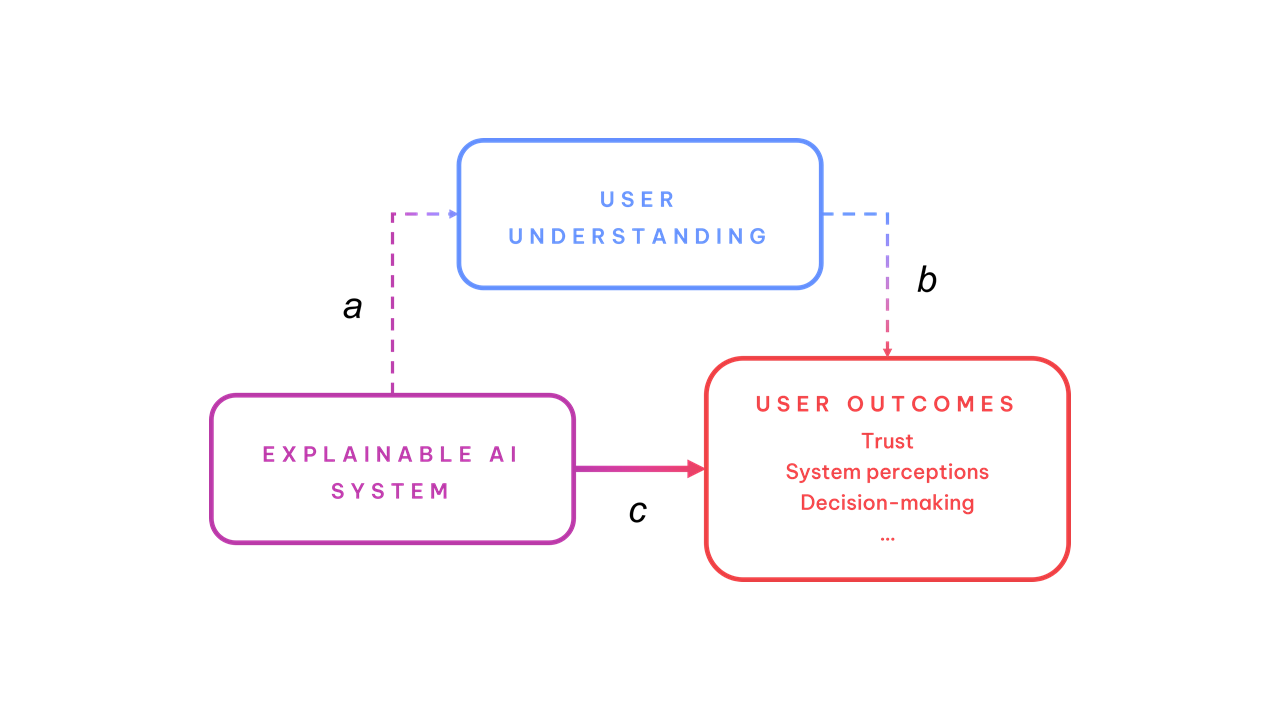Research
Augmenting Collaborative Human-AI Writing Experiences Through Personalization and Agency
Microsoft Research Summer 2023
-
Worked in the Human Understanding + Empathy Group to design and implement a personalized environment for collaborative writing with large language models (LLMs) using React, Typescript, and LangChain.
- I also evaluated my interactive prototype with a user study to better understand how LLMs can assist and augment people's writing capabilities while preserving agency and ownership in users' creative processes.

Visualizing Global Attention Patterns in Transformer Models
Harvard University 2022 - Present
-
Working in the Insight + Interaction Lab to design a new visualization technique for exploring self-attention trends in transformer models through creating a joint embedding space of query and key vectors.
-
Using this technique, we built an interactive tool using Deck.gl and Vue, which can be used to study attention at a global scale in language + vision transformers.

Imagining the Next-Gen Document Reader and Acronym Glossary
Adobe Research Summer 2022
- Worked in the Media Intelligence Lab to develop a vision for the next-gen document reader by creating UI prototypes, video demos, and a whitepaper with research on potential features and competitors.
- I also designed and implemented a novel NLP-powered acronym glossary for Adobe using the Confluence REST API and a Python acronym extraction script.

Understanding Hybrid Workforce Productivity Through Self-Reflection Interventions
Microsoft Research Summer 2021
-
Worked in the Productivity + Intelligence Group to design scalable, automated self-reflection interventions for a longitudinal diary study on hybrid workforce productivity and well-being during the pandemic as part of the New Future of Work Initiative.
- I created and analyzed personas from the data, built a Microsoft Teams chatbot and personalized dashboards to coordinate, record, and visualize daily reflections, and developed a ML algorithm that automatically codes qualitative survey responses using sentence transformer models.

Designing for Replicability in Human Computation Studies
Williams College 2021 - 2022
-
Worked with Prof. Molly Feldman to study the current state of replicability in HCI.
-
Our overarching research question is: What are the necessary components that constitute a replicable human computation study and should be included in research publications?
- Ultimately, we hope to contribute a set of replicability guidelines that addresses this question, informed by our own replication attempts.

Exploring the Impact of Algorithmic Understanding on Decision-Making for Learning
Williams College 2019 - 2022
-
Worked with Prof. Iris Howley to develop a human-centered, evidence-based framework for explainable AI.
- Our approach involves systematically identifying the components of algorithmic understanding through cognitive task analyses, building interactive explainables to target those concepts, and observing the resultant changes in system trust and decision-making for learning contexts.
-
We piloted this method on Bayesian Knowledge Tracing, an AI algorithm that predicts skill mastery in learning analytics systems.
